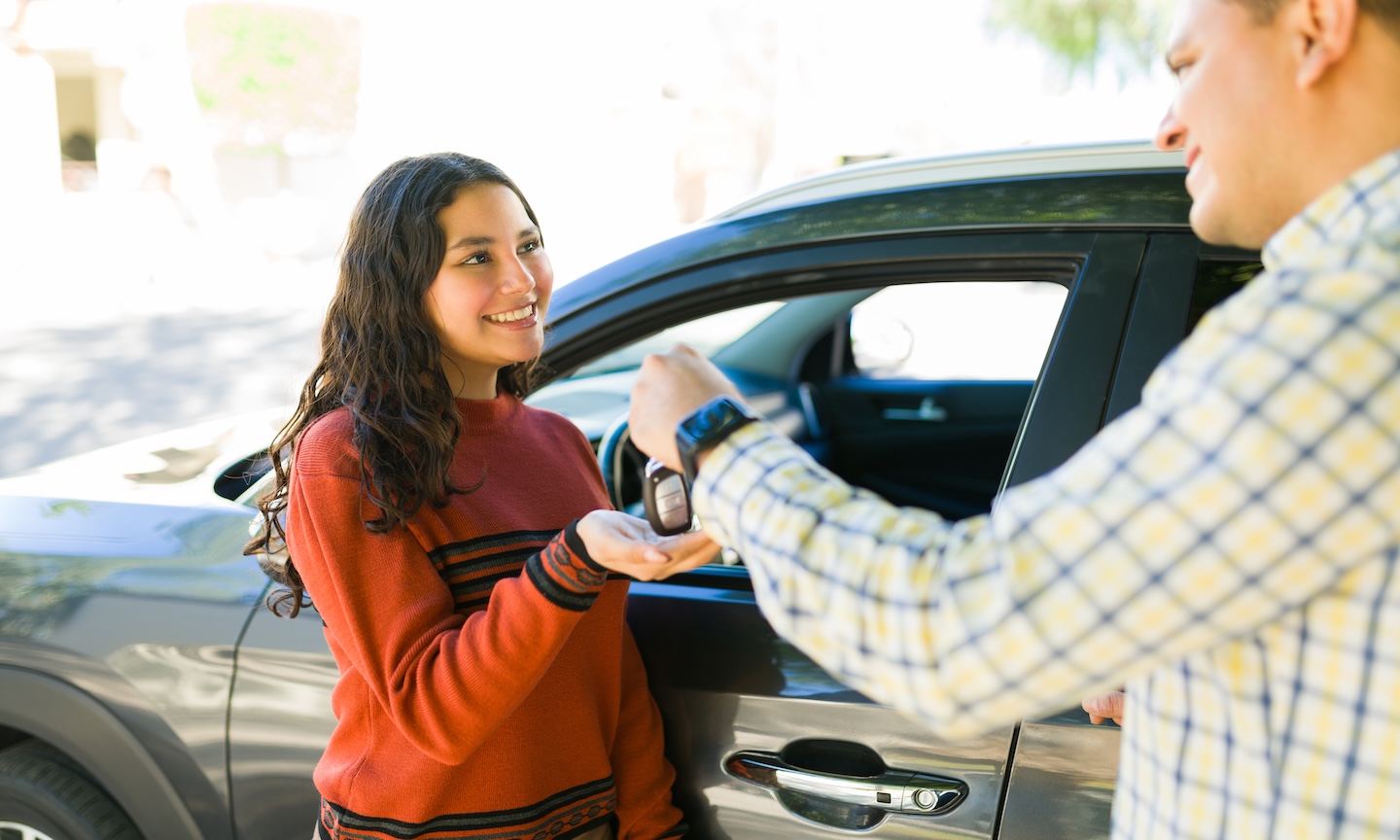Behind the Wheel: Teen Driving Safety Tips

When it comes to car safety, the statistics show that, on average, teens pose more of a hazard to themselves and others on the road. Not only do they have less experience than older drivers, they’re also more likely to take risks both before they get in a car and when they’re driving. If you want to impart some wisdom to your teen, it starts with meeting your child where they are.
Set the Ground Rules
Ground rules will ultimately vary from parent to parent, but they’re an absolute must if you’re planning to let your child drive. Keep in mind that even if your child has purchased the car with their own money, you still have every right to put restrictions on when and how they drive.
Here are a few additional factors to keep in mind before you create a list of dos and don'ts:
- Research state laws: Your state may set restrictions on when and how your teen can drive. Make sure you start with these before adding additional stipulations.
- Substances: Drugs and alcohol are tempting for many teens, and even stern lectures may not prevent them from trying these things at a party or gathering. If you set a zero-tolerance policy, it may cause your child to risk driving home rather than calling for help.
- Set the tone: How you drive and act matters to your child, even when it seems like they’re not paying attention. Make sure that you’re driving within the law and talking to your child about your habits and how you stay safe on the road.
- Defense: Driving is as much about defense as it is about following the rules of the road. Don’t rely on driver education classes to teach your child how to spot erratic patterns in other drivers that could save their lives in a precarious situation.
How to Deal with Distractions
In the past, distractions could include anything from the radio to spotting a friend on the street. Today, though, your teen must contend with the ever-alluring pull of their phone, which can cause grown adults to make exceptions. Whether your teen is obsessed with texting or just loves their social media, this can increase their odds of a crash by up to 23 times.
Because distractions are an impulse, you may not want to count on a lecture to curtail this behavior. Instead, you may want to remove it altogether. For example, forcing your child to put their phone in the car trunk until they exit the car and use a standard GPS if they require directions. Or you could demand access control to their phone so you can control the features they use while they’re on the road.
Enforce the Consequences
Every parent knows what happens when they lay down rules and then never follow up on them. While being overly punitive with your child can cause them to act out, it’s also important to stay strong when it comes to how they behave on the road. If you’re concerned about your child’s behavior while they’re away, such as whether they’re speeding, you can use apps (e.g., Life360, etc.) to monitor their behavior.
Teen safety tips ultimately come down to the teen in question. Plenty of younger people can be perfectly safe on the road, even without strict parental enforcement. The best thing you can do is adapt to the situation as it unfolds. If you're looking for a piece of the equation you can control, though, it's making sure the vehicle they drive is safe. Contact the Client team today to explore the latest in safety technology.
